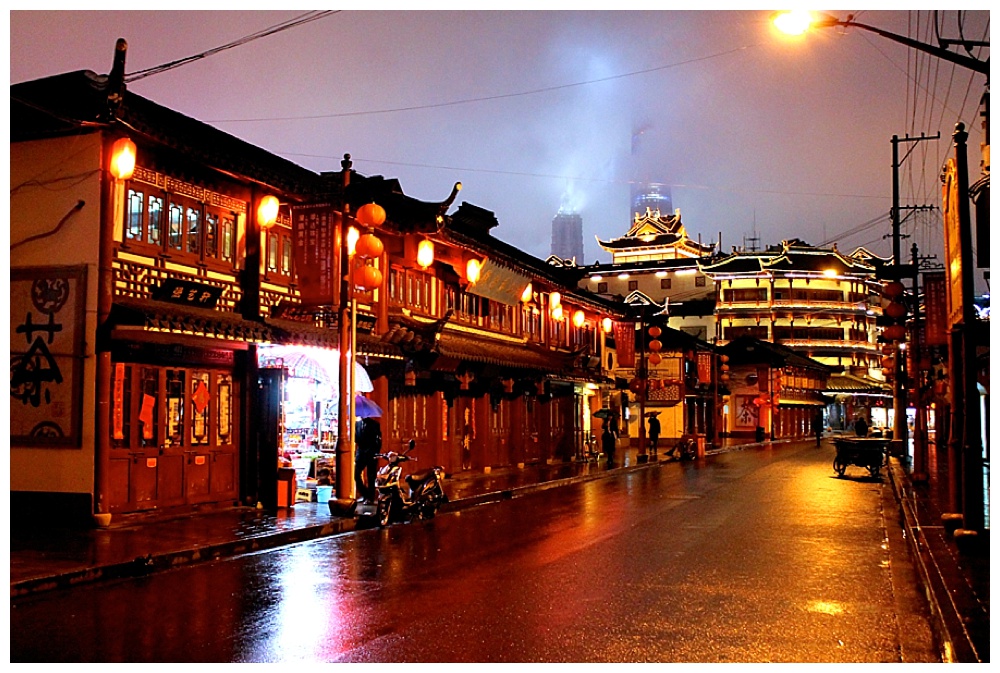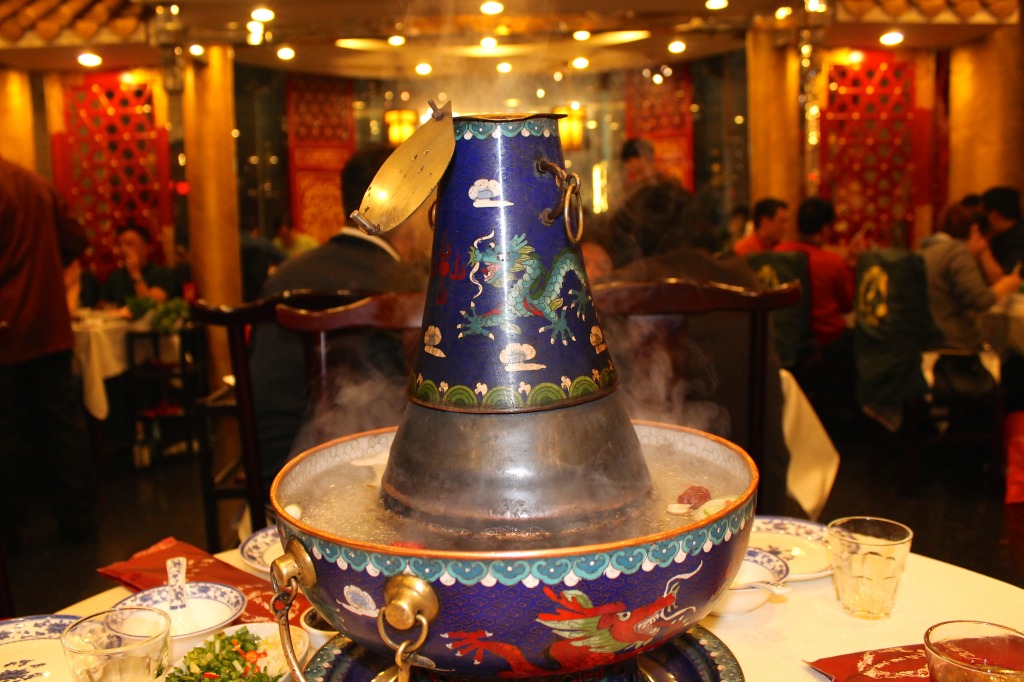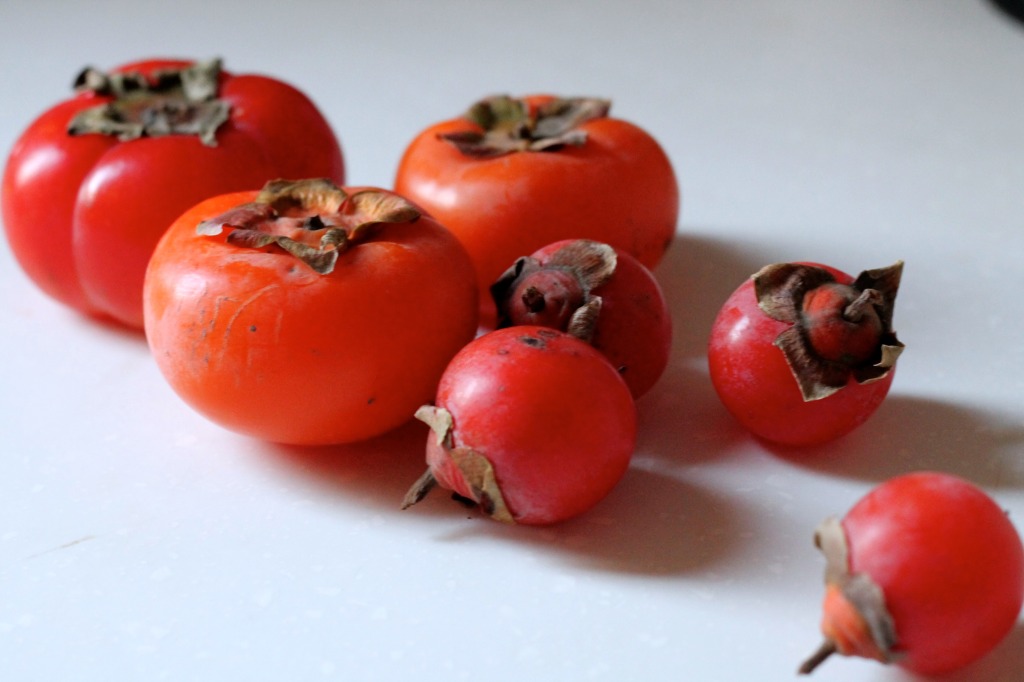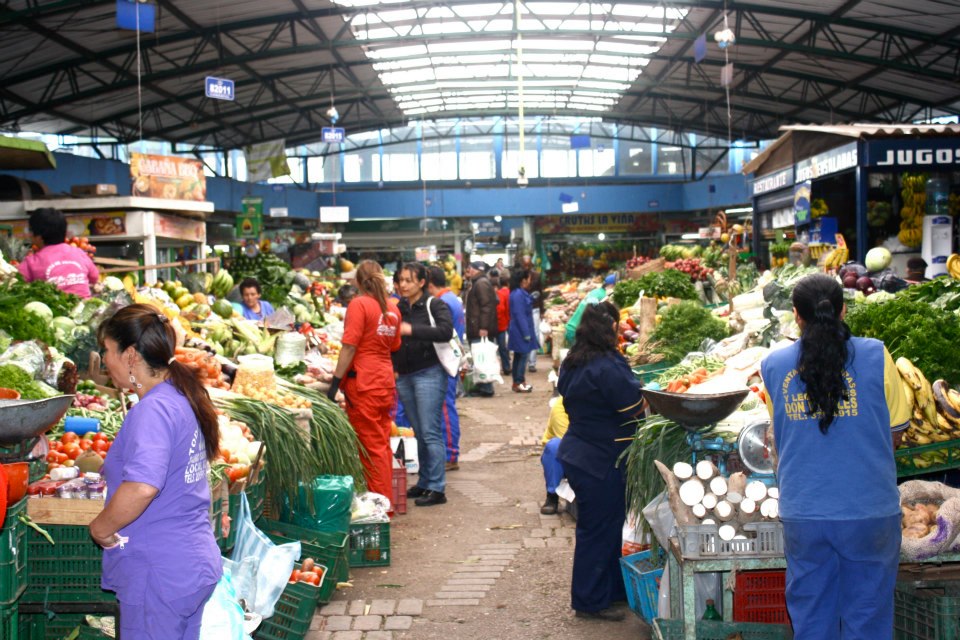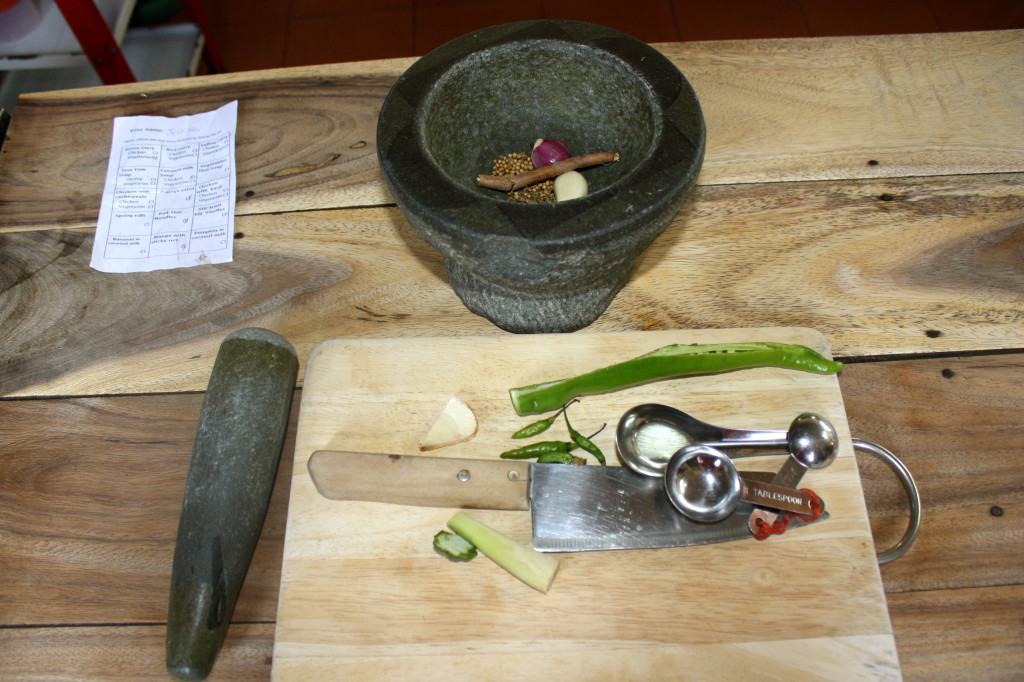Day three in Florida, and still surrounded by the heavy fog of jet lag. My head aches, my eyes are straining to stay open, and I’ve been up since 4am.
It’s been awhile since I’ve experienced this sensation, as I deliberately keep my vacations within a few hours of Shanghai time. Actually, the last time I had to make this 12-hour adjustment was when I moved to Shanghai last summer. And before that, when I moved back from Korea, in 2011. There’s a reason for this.
It’s said that it takes the body about one day per time zone to get over jet lag. This means that if you traveled from, say, New York to California, it would take you as much as three days to get on California’s schedule. If you traveled from, say, China to Florida, it could take up to 12 days. Twelve days, people! Now, I only predict it will take me half of this time (fingers crossed), but regardless, it’s not fun. Luckily, I have my family, the sun, and pancakes.

